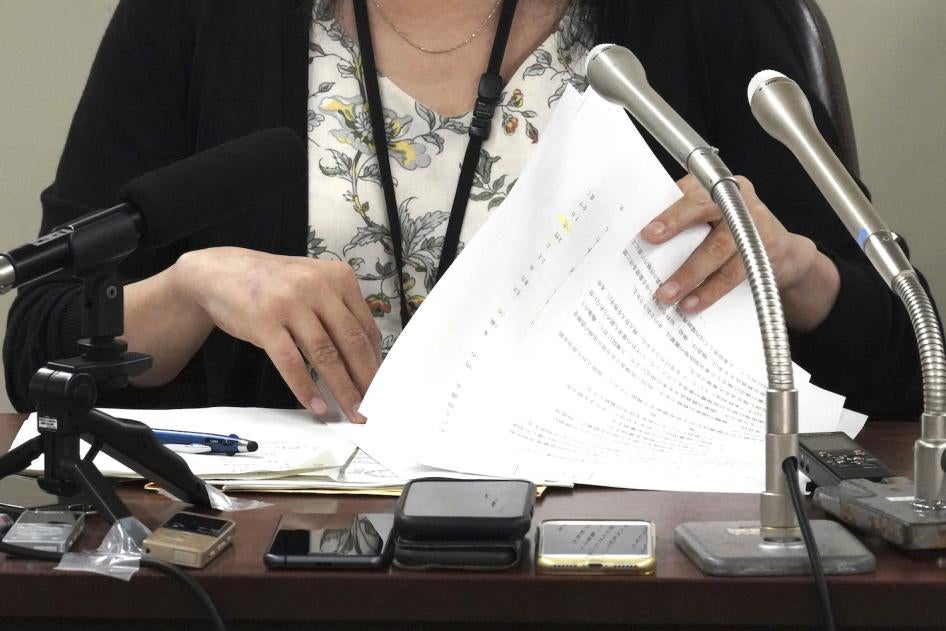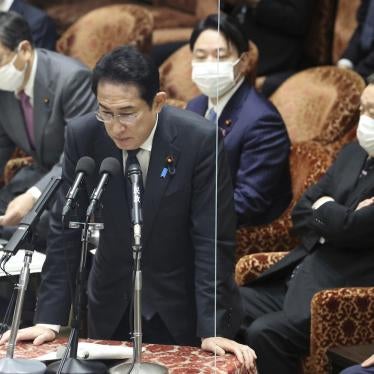In a victory for transgender people in Japan, the country’s Supreme Court ruled last week that the trade ministry violated a public service law by banning a transgender woman from using the women’s bathroom at work.
In 2015, the woman challenged a decision by officials at the Ministry of Economy, Trade and Industry, where she works, denying her use of bathroom facilities aligned with her gender identity. She requested the National Personnel Authority to intervene under article 86 of the National Public Service Law, which regulates conditions of service for government employees. A Tokyo district court ruled in her favor in 2019, citing an “important legal interest” for the plaintiff to live in accordance with her self-identified gender, and awarded damages. This decision was however overturned on appeal, and the damages significantly reduced.
This week’s Supreme Court decision affirms the woman’s right to use workplace bathrooms aligned with her gender identity.
In November 2022, the government in Japan’s Kanagawa prefecture awarded another transgender woman workplace compensation after recognizing her depression was the result of harassment she faced from her supervisor. Despite the woman’s requests, her supervisor repeatedly refused to refer to her with female pronouns, prompting her to take leave from work and seek mental health services.
Much of the problem can be traced to Japan’s archaic law on “gender identity disorder,” which dictates that in order for transgender people to change their gender marker on official documents, they must be sterilized, over the age of 18, and have no children under age 18. Lack of accurate documentation is a source of discrimination for many transgender people in Japan. For example, in the Kanagawa case, the woman’s supervisor sought to justify using masculine pronouns by referring to the employees’ official documents.
The Supreme Court ruling resolves eight years of legal challenges for the plaintiff. The decision sets an important precedent and employers in Japan should take its guidance to develop policies and practices that allow individuals to use the bathroom aligned with their gender identity.










